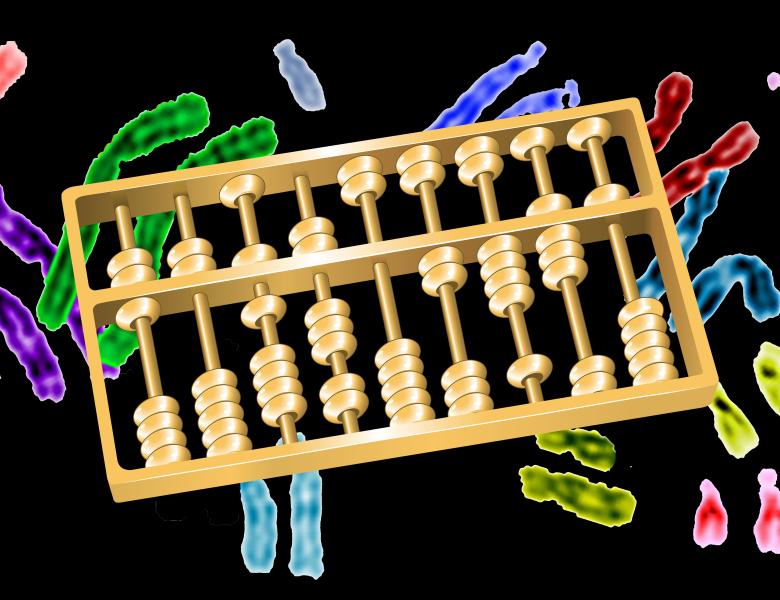Variation in gene regulation is thought to underlie much of human development, disease and evolution. However, we cannot predict which sequence changes will affect gene expression and in turn, downstream organismal phenotypes such as susceptibility to disease. Regulatory sequence variants occur at multiple DNA length-scales, from single nucleotide polymorphisms, to large-scale rearrangements and duplications. Most studies have focused on the effect of polymorphisms on transcription factor binding within enhancers, but the most common type of
variation in regulatory DNA is structural. These variants affect locus-level properties, such as redundancy and the distance of enhancers from each other and their target promoter. If enhancers function as independent modules, as is commonly assumed, this type of sequence variation should have little or no effect; however, we and others are questioning this fundamental assumption. I will present evidence that enhancers do not act as independent modules and discuss the resulting challenges for how we annotate and interpret regulatory DNA sequence.
